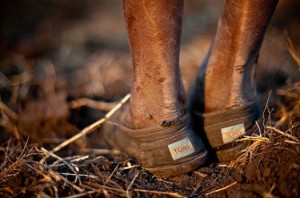Response to Peter Chen’s post.
This article piqued my interest not only because of the business aspect of bottled water in a city where clean tap water is readily available, but because of the environmental issues the article presents. I found it interesting how Vancouverites were always willing to purchase bottled water when the city’s tap water is the purest in the world, according to BC Living. Not only are the plastic bottles unsustainable, albeit convenient, but tap water is arguably cleaner than bottled water. It is tested for bacteria about 25,000 times a year compared to bottled water plants which are inspected once every three years.

The question is, why do people continue to buy bottled water? The answer lies in the success of bottled water marketing companies. They were able to position themselves in a way that makes their product competitive, even though tap water is virtually free. By advertising their product as unique and addressing the purity of their bottled water, companies are able to bait the health conscious Vancouver population and create these marketing myths that are permanently engraved in the minds of citizens all over the world.
Sources:
https://blogs.ubc.ca/peterchen604/2013/09/20/bottled-water-vancouvers-greatest-marketing-success/
http://www.bcliving.ca/home/what-youre-too-good-for-our-water
Picture: Fiji Bottled Water


